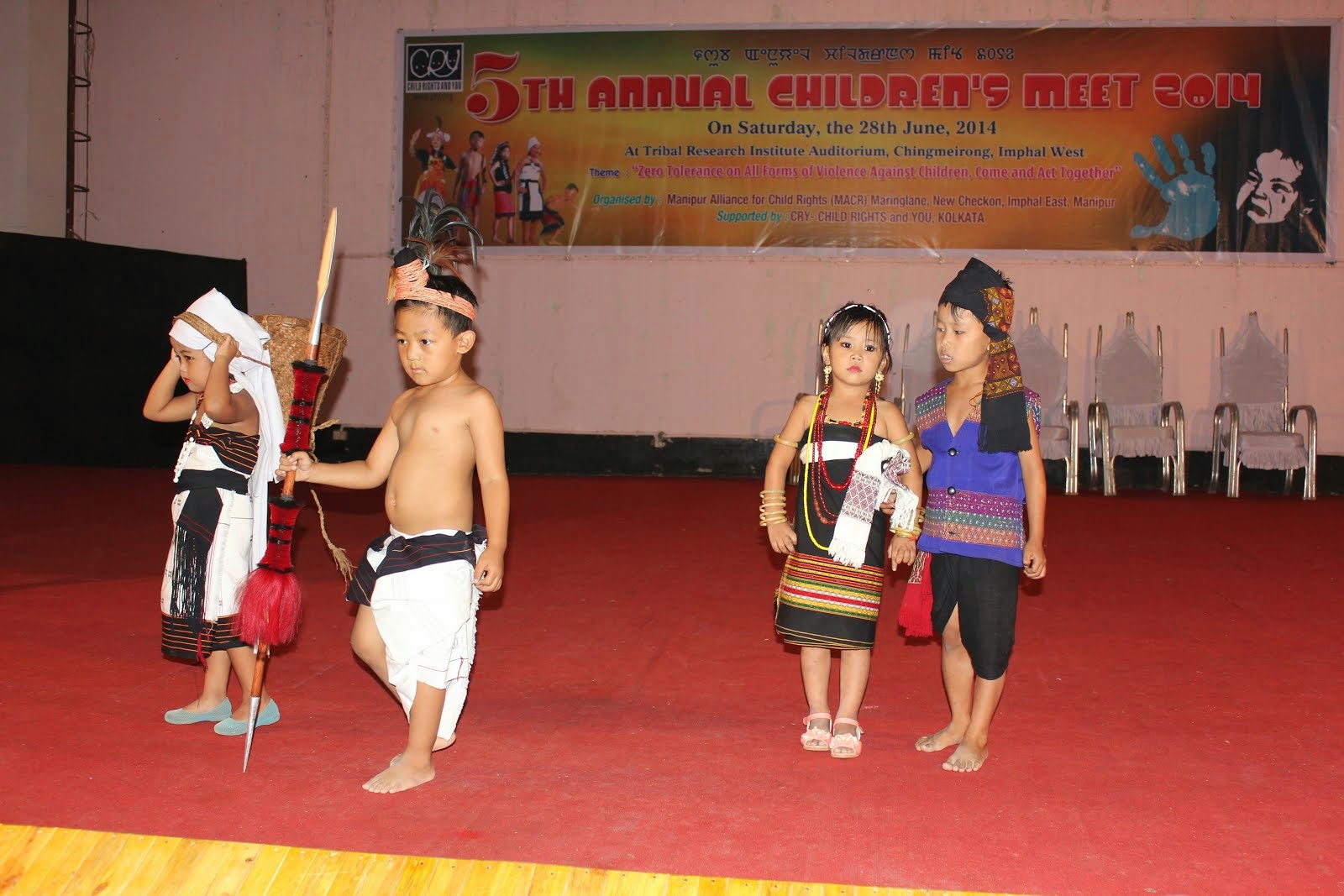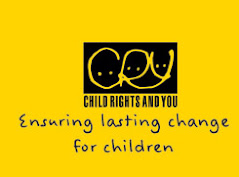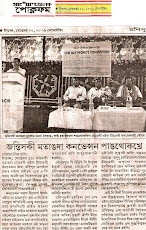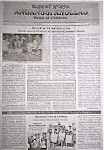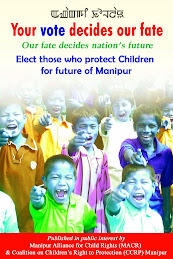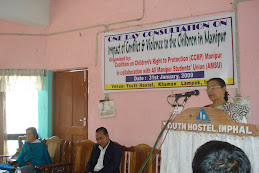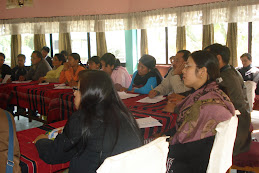LAMKA, March 4: The office of the Juvenile Justice Board, Churachandpur constituted undet the JJ (Care and protection of children) Act, 2000 was inaugurated by the chief judicial magistrate, CCpur, Y Lothar today at Khomoi Ramthar, CCpur observatory home.
The home run by rev Nicky Thanga also serves as the centre for the CWC and MACR Ccpur chapters.
A study on legal right aspect was also held during the program.
Y Lothar who is also the principal magistrate of the JJB lectured on the importance of the public to be aware of the law of the land. The people are ignorant of the law and its implications, the CJM said before offering all possible help to the people.
The public need to be aware that there are many provisions of the government which provides free legal aid to separate sections of the people like ST/SC, women, children/juveniles and others whose family income lies under Rs one lakh.
Speaking as the resource person, the CJM further elaborated on the presence of bailable and non-bailable offences.
Further elaborating, he said everybody has the right to demand that they be produced in court within 24 hrs of their arrest after which, with the permission of the magistrate, the police can remand them for a maximum period of 15 days only.
The CJM said time allotted for investigation of minor cases is just one month while serious cases like rape and murder can go as long as 10 year or more.
He further stated the presence of a child protection officer in every district and the CWC cells in major police stations.
Meanwhile, on the question of customary law and its relation to the law of the land, Y Lothar said practice of customary law in minor cases is permissible; however, in major cases like murder, rape, etc, it is not permissible even if the parties involved had settled the case based on customary law.
He said anyone or the police can still open such cases.
Regarding the main concern of the day that are the juveniles, the CJM said the purpose of opening such an office is aimed at rehabilitation of the juveniles whom the police cannot arrest unless it is a special case.
Juveniles can be kept only in an observatory home and even chargesheeting against them in not allowed, he said.
Under the juvenile comes not only those who are in conflict with the law, but also those who have no one to look after them like the children affected by ethnic violence, he continued.
The JJB office was inaugurated in the presence of representatives from various NGO’s related to child and women ,philanthropic organisation, chief of Ramthar village and JJB member led by the facilitator rev Nicky Thanga who is the converor of MACR CCpur chapter and core member of CWC CCpur.

